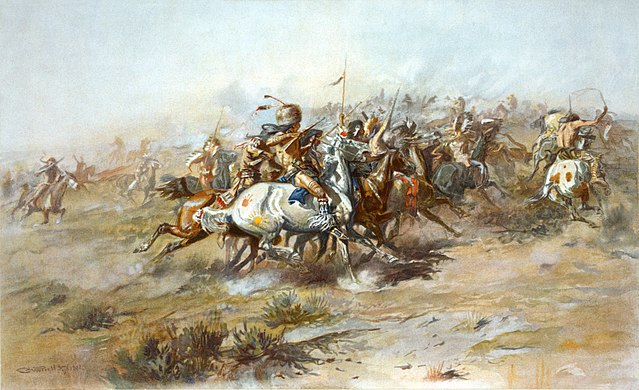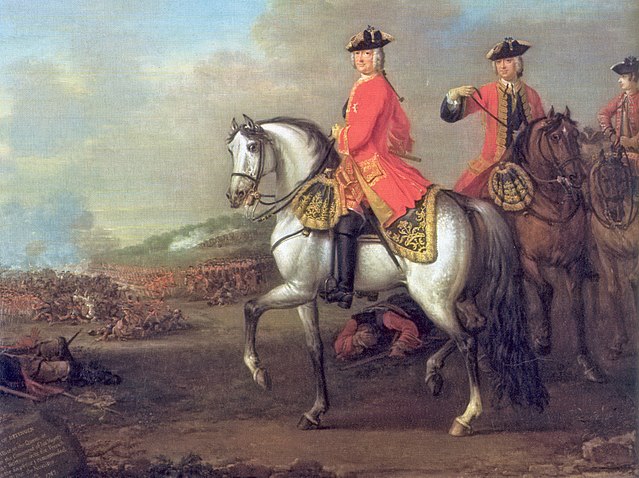There is always much to learn from quotes and their historical significance. Read on for a collection of quotes and general history from June 23rd – 29th.

June 23, 1961
“Antarctica shall be used for peaceful purposes only (Art. I)
– The Antarctic Treaty
Freedom of scientific investigation in Antarctica and cooperation toward that end … shall continue (Art. II).
Scientific observations and results from Antarctica shall be exchanged and made freely available (Art. III).”
On June 23rd, 1961, the Antarctic Treaty went into effect. This treaty and future additions, collectively called the Antarctic Treaty System (ATS), designates Antarctica as a scientific preserve and bans military activity on the continent. The original treaty was signed December 1, 1959, by the 12 nations active in Antarctica at the time: Argentina, Australia, Belgium, Chile, France, Japan, New Zealand, Norway, South Africa, the Soviet Union, the United Kingdom, and the United States. Since then, 42 other countries have joined making the total 54.
June 24, 1901
“The purpose of art is washing the dust of daily life off our souls.”
– Pablo Picasso
Pablo Picasso held his first major art exhibition in Paris on June 24, 1901. Picasso was born in Spain but moved to France once his artwork began to be recognized. Throughout his life, Picasso created more than 1,800 paintings and 1,200 sculptures across a wide range of styles. As a co-founder of the Cubist movement and the inventor of constructed sculpture, Pablo Picasso became one of the most renowned artists of the 20th century.


June 25, 1876
“There are not enough Indians in the world to defeat the Seventh Cavalry.”
– George Armstrong Custer
On June 25, 1876, the Battle of Little Bighorn was fought in the Montana Territory between the 7th Cavalry Regiment of the US Army and the Lakota, Northern Cheyenne, and Arapaho tribes. The 7th Cavalry Regiment, led by Lieutenant Colonel George Armstrong Custer, suffered a crushing defeat. Nearly half of the 7th Cavalry’s 700 men were killed or wounded. With Custer among the dead, the battle is often referred to as Custer’s Last Stand.

June 26, 1945
“The United Nations is designed to make possible lasting freedom and independence for all its members.”
– Harry S. Truman
On June 26, 1945, the Charter of the United Nations was signed by 50 nations in San Francisco, California. Established after World War II, the United Nations replaced the League of Nations, which had been created after the First World War and proved ineffective in preventing the second. The UN’s main objectives are to maintain world peace, protect human rights, provide humanitarian aid, and uphold international law. Today, 193 of the world’s 195 countries are members of the United Nations.
June 27, 1743
“The conduct of George in this conflict deserves the highest praise; and it was undoubtedly through him and through his son, far more than through any of his generals, that the day was won.”
– Lord Mahon, History of England: From the Peace of Utrecht to the Peace of Aix-La-Chapelle
Britain’s King George II led the Pragmatic Army, a coalition of Great Britain, Hanover, and Austria, to victory against the French in the Battle of Dettingen on June 27, 1743. This was the last time a British monarch personally led troops into battle. The battle formed a major turning point in the War of the Austrian Succession. If they had lost, the Pragmatic Army would have been unable to re-supply and likely surrendered with King George II falling prisoner to Louis XV.

June 28, 2011
“It’s a question of not so much pushing the boys out of the picture, but making the whole frame bigger so that both men and women access the labor market, contribute to the economy, generate growth, have jobs, and so on.”
– Christine Lagarde
On June 28, 2011, Christine Lagarde became the first woman to be elected as the head of the International Monetary Fund (IMF). The IMF is responsible for maintaining global financial stability, facilitating international trade, promoting high employment and sustainable economic growth, and reducing poverty. Her election came at a critical time for the global economy. She is likely best known for her handling of the Greek Credit Crisis.
June 29, 1613
“All the world’s a stage, and all the men and women merely players: they have their exits and their entrances; and one man in his time plays many parts, his acts being seven ages.”
– William Shakespeare
On June 29th, 1613, Shakespeare’s Globe Theatre burned down. Funnily enough, despite being known as “Shakespeare’s” Globe Theatre, ownership was actually split among 6 shareholders and Shakespeare never owned more than 12.5%. A second Globe Theatre was built by June 1614 and operated until September 6, 1642, when an ordinance ordered it and many other London theatres close. In 1997, a modern reconstruction called Shakespeare’s Globe opened in London on nearly the same spot as the original.
In case you missed last week’s quotes, see History June 16th – 22nd.
To never miss a Quill Quotes post, please subscribe to our free Email Newsletter and follow us on Social Media.
Leave a Reply